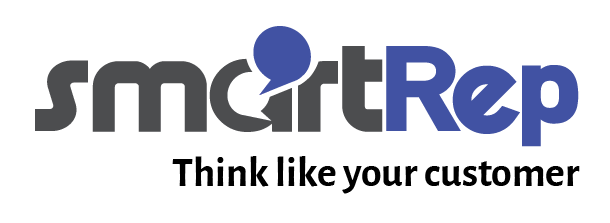Date: 30.1.2023
From: Sofia
HR 2.0: The Power of Chatbots in the Modern Workforce
Chatbots have the potential to revolutionize human resources (HR) processes by streamlining communication, automating repetitive tasks, and providing efficient, personalized service to employees.
One of the key benefits of chatbots in HR is their ability to provide 24/7 service. Employees can access information and receive support at any time, without having to wait for an HR representative to be available. This can be particularly useful for employees who have questions outside of regular business hours or for those who work remotely.
For instance, chatbots can be programmed to answer common HR-related questions, such as about company policies, benefits, and procedures. This allows HR representatives to focus on more complex and strategic issues, as chatbots can handle routine interactions with employees. Chatbots can also be used to help employees navigate the often-complicated bureaucracy of HR, directing them to the appropriate department and helping them to complete necessary forms and paperwork.
Moreover, chatbots can be used to automate repetitive tasks such as scheduling meetings, sending reminders and updating employee information. This can save HR representatives a significant amount of time and allow them to focus on more pressing matters. Chatbots can also be used to improve communication between the employees and HR by providing updates on company policies and procedures, as well as to provide alerts and notifications about important events or emergencies.
In addition, chatbots can be programmed to handle recruitment tasks, such as scheduling interviews, sending job offers and answering candidate’s questions. This can improve the candidate experience and reduce the workload of HR representatives. Moreover, chatbots can also be used for employee onboarding and training, by providing new hires with relevant information and answering their questions.
Furthermore, chatbots can be used to improve employee engagement and satisfaction. For example, chatbots can be used to conduct employee surveys, gather feedback, and provide employees with relevant resources and information. This can increase employee engagement, satisfaction and retention.
In conclusion, chatbots have the potential to revolutionize HR processes by streamlining communication, automating repetitive tasks, and providing efficient, personalized service to employees. By providing 24/7 access to information and assistance, personalized service, and assistance with navigating bureaucracy, chatbots can help employees better access the services they need and improve their overall experience interacting with the HR department. However, it’s important to note that chatbots should be used as a supplement to human HR representatives, and not as a replacement, as human interaction and expertise is still essential in many sensitive or complex HR matters.
